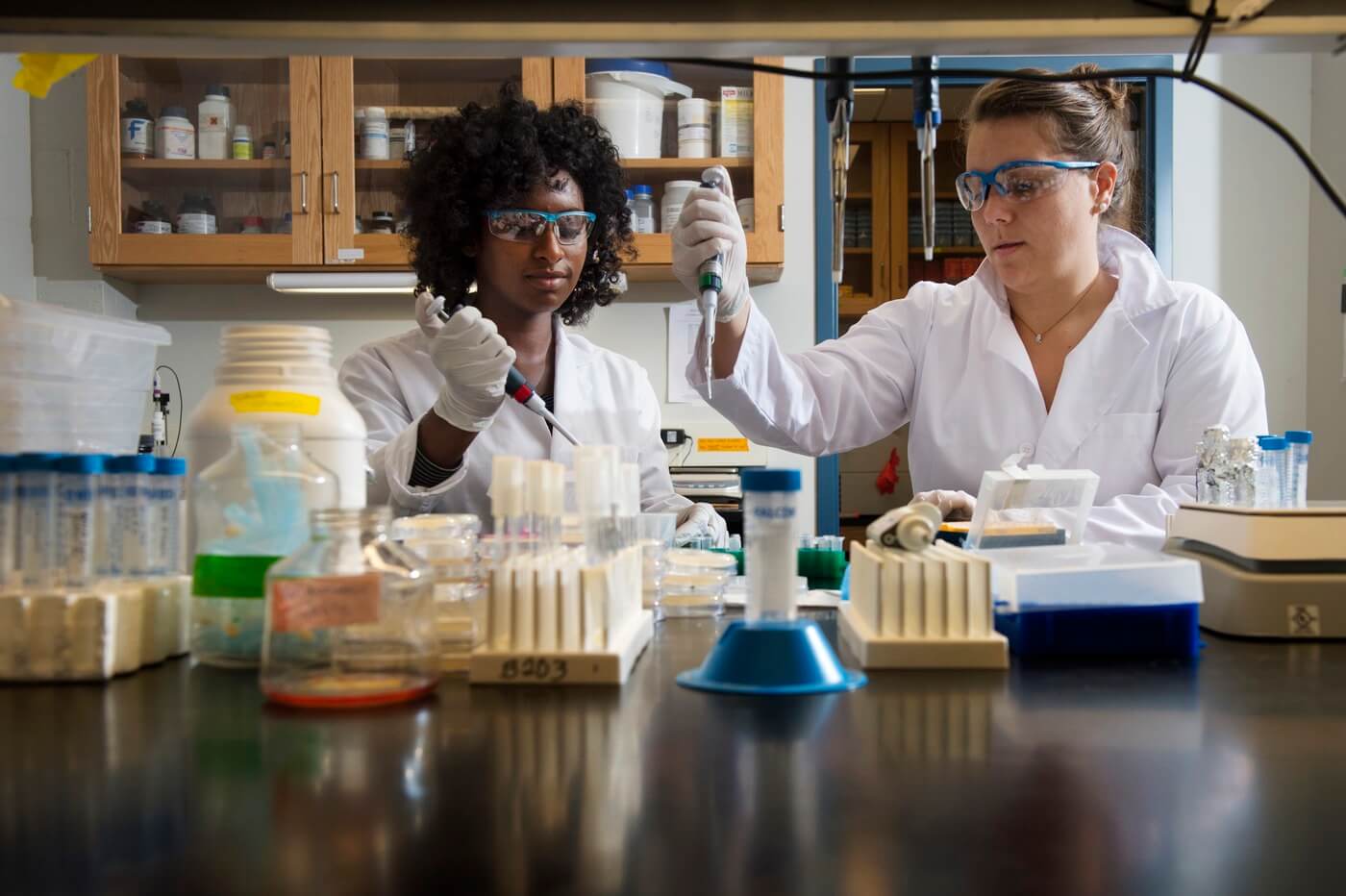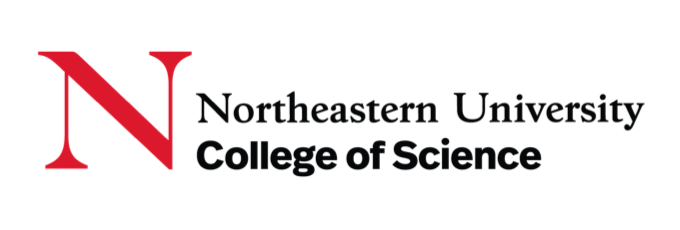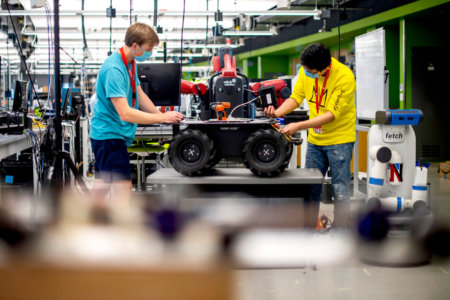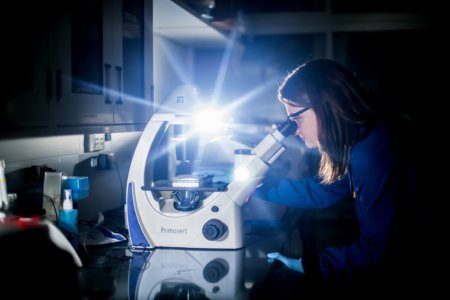After earning a bachelor’s degree in microbiology in India, Divya Bharat Parikh decided it was time for a change. Her grandfather, a mathematician, inspired her to select a route that would allow her to utilize research and secure a place at the forefront of change. His influence led her to set her sights on translational science and an MS in Biotechnology at Northeastern University.
“Northeastern lies in the heartland of all the cutting-edge research that happens in biotechnology across all platforms,” she explains. “The co-op program facilitates students like me to experience lab work and research –– giving us a good idea of what we want to get ourselves into. Northeastern gave me wings to fly and do cool science, for which I will always be grateful.”
Here, she was able to accomplish what many can only dream of. One of the highlights of her time here was being selected as a Forbes Under 30 Scholar. At the life-changing, four-day summit, she got to join high-performing students from across the country and interact with recruiters from leading multinationals and start-ups in the US.
Another memorable experience was her six-month co-op at pharmaceutical giant GSK which she describes as “transformative.” This exposure helped her secure a position as a scientist at Merck Research Laboratories in Boston, where she now helps develop new cancer therapeutics.
Parikh credits Northeastern University’s College of Science for her professional success. For over 100 years and counting, Northeastern University, an R1 research university, has been held in high regard by both students and employers. In fact, the US News and World Report ranks the university first for internships/co-ops. By choosing Northeastern, students like Parikh gain unrivalled access to a network of more than 255,000 alumni and over 3,350 employer partners –– including Fortune 500 companies, government agencies, and global non-governmental organizations.
“Co-op gives you a taste of what it is like to be part of a world-changing universe of drug discovery and therapy,” Parikh says. It showed her, first-hand, how basic science is translated into medicine, something reams of books and papers couldn’t do.
Challenging and career-boosting graduate degree programs
The College of Science offers graduate degree programs in the physical sciences, life sciences, and mathematics that challenge students to think in ways they may not have considered before. Whether they plan to progress to academia or industry, these master’s degrees enable students to pursue their desired career path. Many are offered on campus, online, or in hybrid formats to accommodate students at any stage of their career. All are designed by Northeastern’s faculty members who are industry leaders, bridging the gap between academic rigor and labor market demands.
MS in Biotechnology
The MS in Biotechnology curriculum combines advanced interdisciplinary training in biology, chemistry, chemical engineering, and pharmaceutical science with high-value business skills. Concentrations include: agriculture, biodefence, molecular biotechnology, process sciences, manufacturing and quality operations, biopharmaceutical analytical sciences, pharmaceutical technologies, scientific information management, regulatory science, and biotechnology enterprise.
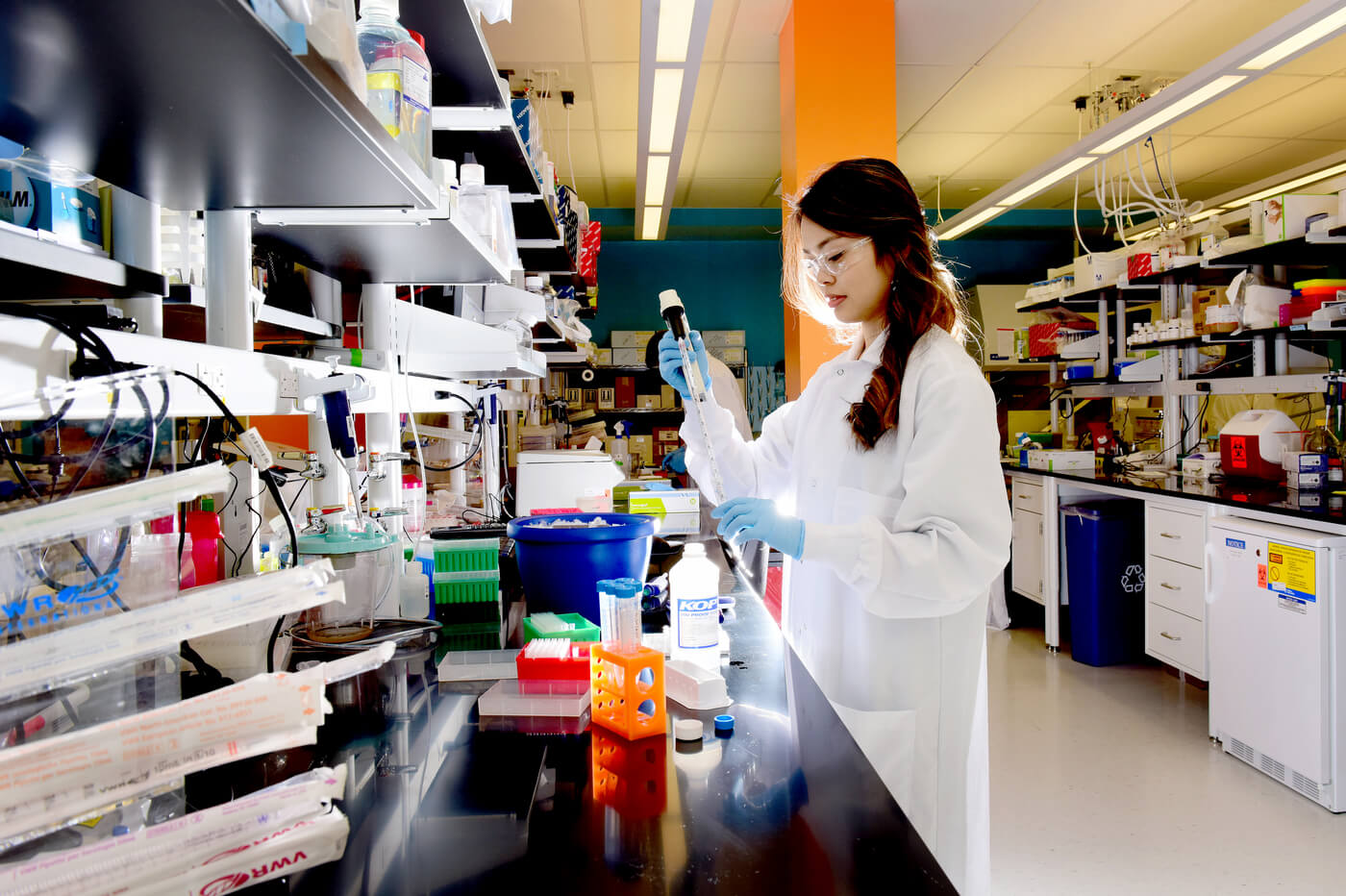
Source: Northeastern University – College of Science
MS in Bioinformatics
This program merges the advanced study of biology, computer science, and information technology with real-world experience –– allowing students to apply their knowledge to make a difference. The program was structured to provide learners with the skills and knowledge to develop, evaluate, and deploy bioinformatics and computational biology applications. Concentrations include: bioinformatics and chemoinformatics, bioinformatics enterprise, biotechnology, data analytics, health informatics, medical health informatics, or omics.
MS in Applied Mathematics
This MS program is designed for students looking to pursue one of the many math roles currently in-demand at investment, tech and software firms, as well as at academic and research institutions. Students can complement the program with a data science track, an optional co-op, evening classes, two cross-disciplinary courses outside the department, weekly seminars, research opportunities, and work stints with industry clients using real-world data. Alumni have gone on to secure jobs at Huawei, Merrill Lynch, Wayfair, and more.
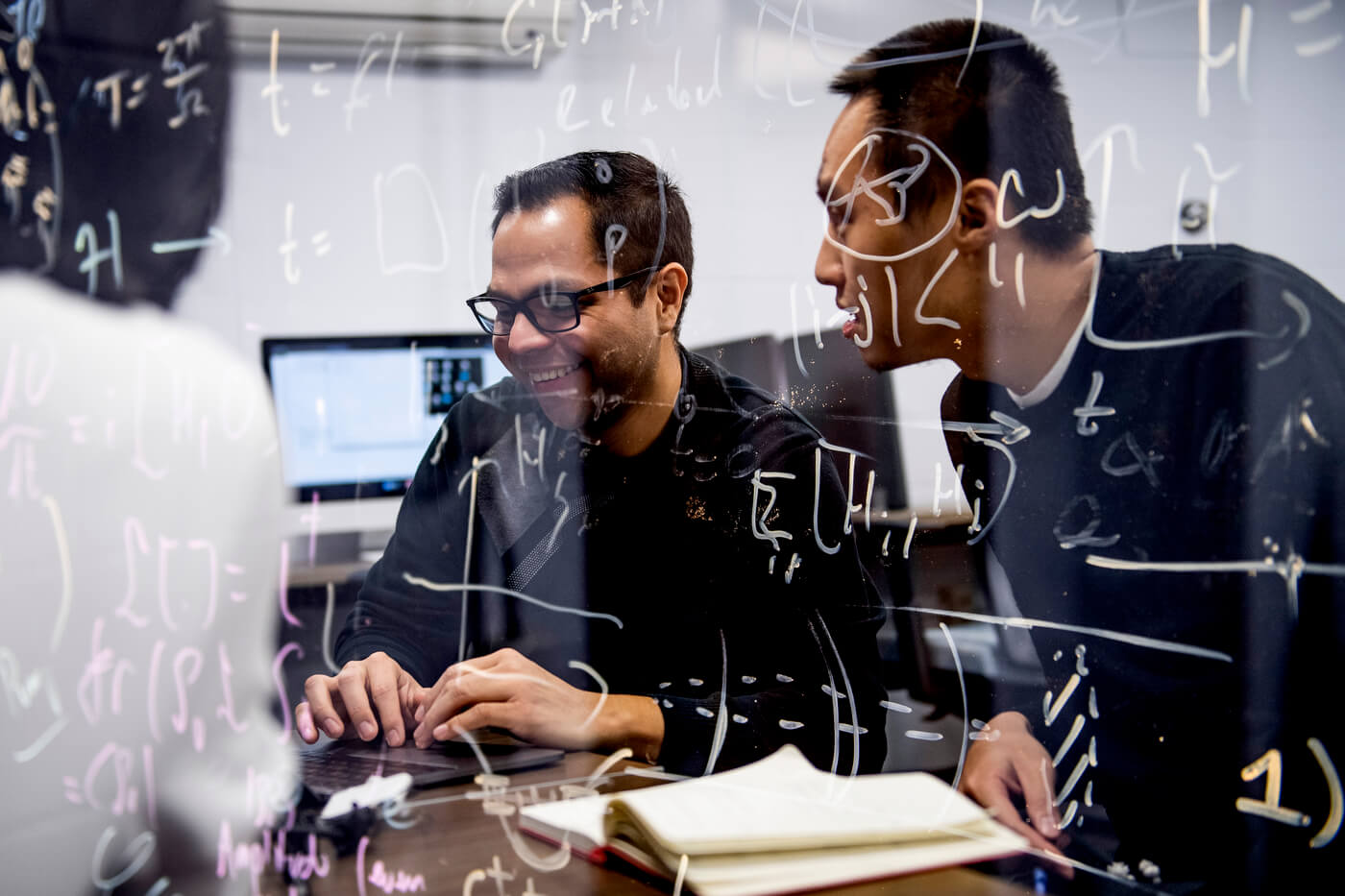
Source: Northeastern University – College of Science
MS in Environmental Science and Policy
The MS in Environmental Science and Policy is a joint program between the College of Science and the College of Social Sciences and Humanities. Sitting at the intersection of environmental science and policy, it emphasises a broad interdisciplinary and synthetic approach. Students will be trained to think critically about the underlying causes of environmental problems and to understand the reciprocal relationships between coupled human-natural ecosystems and the interconnections between social and technological innovations.
Whether you’re looking to advance your career or build one from the ground up, a Northeastern graduate degree will fast-track your path to success. To learn more about Northeastern’s innovative, research-linked experiential education, click here .
Follow Northeastern University on Facebook, Twitter, Instagram, YouTube, and LinkedIn

